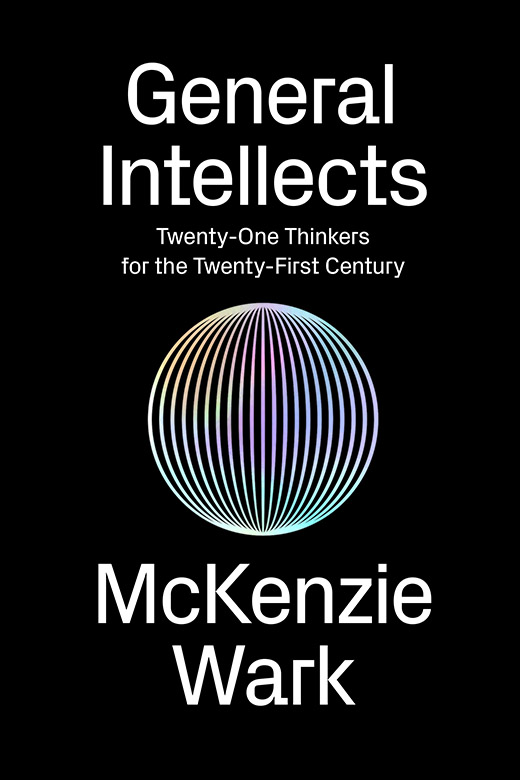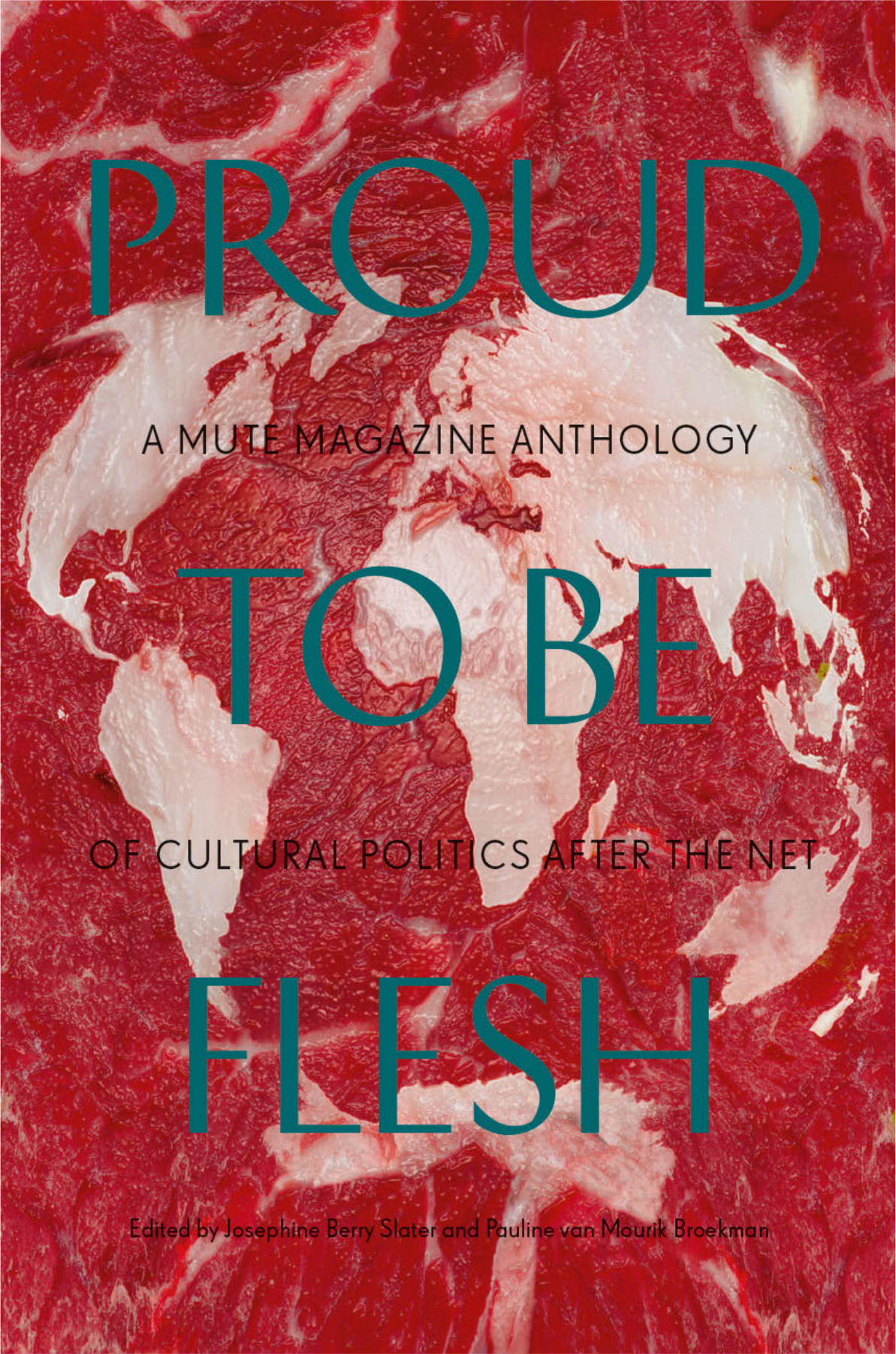Felix Stalder: The Digital Condition (2016–)
Filed under book | Tags: · algorithm, commons, culture, democracy, digital condition, digital culture, networks, politics, post-democracy, social media, technology, web

“Our daily lives, our culture and our politics are now shaped by the digital condition as large numbers of people involve themselves in contentious negotiations of meaning in ever more dimensions of life, from the trivial to the profound. They are making use of the capacities of complex communication infrastructures, currently dominated by social mass media such as Twitter and Facebook, on which they have come to depend.
Amidst a confusing plurality, Felix Stalder argues that are three key constituents of this condition: the use of existing cultural materials for one’s own production, the way in which new meaning is established as a collective endeavour, and the underlying role of algorithms and automated decision-making processes that reduce and give shape to massive volumes of data. These three characteristics define what Stalder calls ‘the digital condition’. Stalder also examines the profound political implications of this new culture. We stand at a crossroads between post-democracy and the commons, a concentration of power among the few or a genuine widening of participation, with the digital condition offering the potential for starkly different outcomes.
This ambitious and wide-ranging theory of our contemporary digital condition will be of great interest to students and scholars in media and communications, cultural studies, and social, political and cultural theory, as well as to a wider readership interested in the ways in which culture and politics are changing today.”
First published in German as Kultur der Digitalität, Suhrkamp Verlag, Berlin, 2016.
Translated by Valentine Pakis
Publisher Polity Press, Cambridge, UK, 2018
ISBN 9781509519590, 1509519599
xi+204 pages
Reviews (in German)
Comment (0)McKenzie Wark: General Intellects: Twenty-One Thinkers for the Twenty First Century (2017)
Filed under book | Tags: · anthropocene, capitalism, communism, culture, labour, marxism, neoliberalism, philosophy, politics, technology, theory, work

“A guide to the thinkers and ideas that will shape the future
What happened to the public intellectuals that used to challenge and inform us? Who is the Sartre or De Beauvoir of the internet age? General Intellects argues we no longer have such singular figures, but there are, instead, general intellects whose writing could, if read collectively, explain our times. Covering topics such as culture, politics, work, technology, and the Anthropocene, each chapter is a concise account of an individual thinker, providing useful context and connections to the work of the others. McKenzie Wark’s distinctive readings are appreciations, but are nonetheless critical of how neoliberal universities militate against cooperative intellectual work that endeavors to understand and also change the world.”
The thinkers included are Amy Wendling, Kojin Karatani, Paolo Virno, Yann Moulier Boutang, Maurizio Lazzarato, Franco “Bifo” Berardi, Angela McRobbie, Paul Gilroy, Slavoj Žižek, Jodi Dean, Chantal Mouffe, Wendy Brown, Judith Butler, Hiroki Azuma, Paul B. Préciado, Wendy Chun, Alexander Galloway, Timothy Morton, Quentin Meillassoux, Isabelle Stengers, and Donna Haraway.
Publisher Verso, London, 2017
Public Seminar series
ISBN 9781786631909, 1786631903
viii+325 pages
HTML
See also extra chapters on Eduardo Viveiros de Castro, Nick Land, Sianne Ngai, Wang Hui, Amitav Ghosh, Yves Citton and Bruno Latour.
Proud to be Flesh: A Mute Magazine Anthology of Cultural Politics after the Net (2009)
Filed under book | Tags: · art criticism, art history, internet, london, media, media art, net culture, networks, politics, technology, theory

“In late 1994, back in the days of dial-up modems and Netscape Navigator 1.0, Mute magazine announced its timely arrival. Dedicated to an analysis of culture and politics ‘after the net’, Mute has consistently challenged the grandiose claims of the communications revolution, debunking its utopian rhetoric and offering more critical perspectives.
Fifteen years on, this anthology selects representative articles from the magazine’s hugely diverse content to reprise some of its recurring themes. This expansive collection charts the perilous journey from Web 1.0 to 2.0, contesting the democratisation this transition implied and laying bare our incorporeal expectations; it exposes the ways in which the logic of technology intersects with that of art and music and, in turn and inevitably, with the logic of business; it heralds the rise of neoliberalism and condemns the human cost; it amplifies the murmurs of dissent and revels in the first signs of collapse. The result situates key – but often little understood – concepts associated with the digital (e.g. the knowledge commons, immaterial labour and open source) in their proper context, producing an impressive overview of contemporary, networked culture in its broadest sense.
Proud to be Flesh features a mix of essays, interviews, satirical fiction, email polemics and reportage from an array of international contributors working in art, philosophy, technology, politics, cultural theory, radical geography and more.”
Edited by Josephine Berry Slater and Pauline van Mourik Broekman, with Michael Corris, Anthony Iles, Benedict Seymour and Simon Worthington
Publisher Mute Publishing, London, with Autonomedia, New York, 2009
ISBN 9781906496289, 1906496285
572+48 pages
Reviews: Nicholas Thoburn (New Formations), Charlotte Frost (Rhizome), Julian Stallabrass (New Left Review).
PDF, PDF (15 MB, updated on 2019-6-12)
Comment (0)
